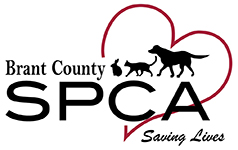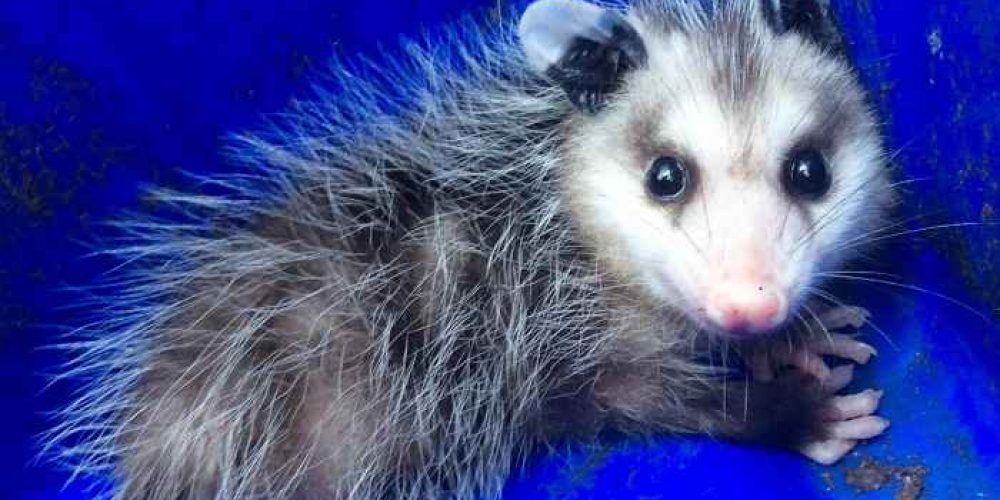April showers bring may flowers, everyone knows that! But it also brings a lot of young wildlife into the world! This time of year we typically receive calls from concerned citizens regarding orphaned wildlife.
The best chance for any orphaned animal is to be reunited with their mother whenever possible. If you come across a possibly orphaned animal, please consider these steps below and do not relocate the animal. Keep in mind that some mothers are awake and active during the day, while others are awake and active during the night (eg. squirrels are most active during the day vs. raccoons are more active through the night. However, either animal can be seen at any time of day).
If the animal does not appear to be sick or injured they should be left as close as possible to where they were found. Playing a baby distress call (species specific) has been shown to be successful in drawing a mother back to their fallen young. A warm water bottle wrapped in a towel/cloth can help to keep the animal warm while awaiting the mother’s return.
When calling about an orphaned animal, be prepared to answer the following questions:
- Can you tell the approximate age of animal (eyes open or shut? fully-feathered/furred?)
- Is there evidence of a den or nest site nearby?
- Have you determined that something has happened to the mother or parents? Was a deceased adult seen nearby recently?
- How long has the animal been at that site?
- How is the animal behaving? (Crying? Wandering? Running up to people?)
- Is the animal dehydrated? (Eyes sunken, skin “tenting?”)
- Does the animal appeared to be injured?
DO NOT give the animal anything to eat or drink. Milk replacers for puppies or kittens are not intended for wildlife. Licensed wildlife rehabilitators have access to specialized milk replacers that are not available to the general public. Regular types of milk (cows, almond, soy, cashew, goat etc) can cause severe intestinal issues with wildlife creating further concerns of dehydration and possibly causing death.
If the animal is truly orphaned and/or injured and already in your possession, put the animal in a secure, ventilated container and keep the animal in a warm, dark and quiet place until animal services can assist. Be aware that loud noises can badly stress wild animals. Thick gloves must be worn when handling the animal at any point to avoid bites or scratches.

